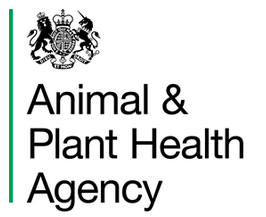News from APHA: Increasing tick borne disease reports in cattle and sheep

Over the last few weeks APHA have been made aware of increasing reports of tick-borne disease cases in cattle and sheep. We have heard from practitioners in areas not typically associated with tick borne disease, seeing outbreaks on newly affected farms, some of which have high morbidity and/or mortality rates. This has especially been true for tick borne fever and babesiosis in cattle herds. Practitioners across GB should be aware of the clinical signs of tick-borne diseases (tick borne fever, babesiosis, louping ill, tick pyaemia) as it is likely that the geographical distribution of infection will continue to evolve with climatic and land use changes.
APHA VIOs are always happy to provide advice on diagnosis and ongoing management of these outbreaks. Management differs greatly between each of the diseases, and therefore diagnosis is key to a successful management plan being formulated. APHA are continuing to offer free testing of cattle for suspected cases of bovine babesiosis and tick-borne fever, on a case-by-case basis. Up to three cattle showing typical clinical signs can be tested under this scheme, with EDTA blood required for the test. Practitioners should ring their local VIC to discuss potential cases further, before sending samples to APHA Starcross if free testing is agreed.
APHA also offers diagnostic testing for both tick borne fever and louping ill in sheep, using either blood samples or through carcase submission to our post mortem service. Collection of ticks for the UKHSA Tick Surveillance Scheme is also recommended. This scheme relies on practitioners to help monitor changing tick dynamics and detect non-native and rare UK tick species to inform their assessments of the public health impacts of ticks. The APHA Tick-borne Disease Dashboard can be found here: Tick-borne disease story | Tableau Public
